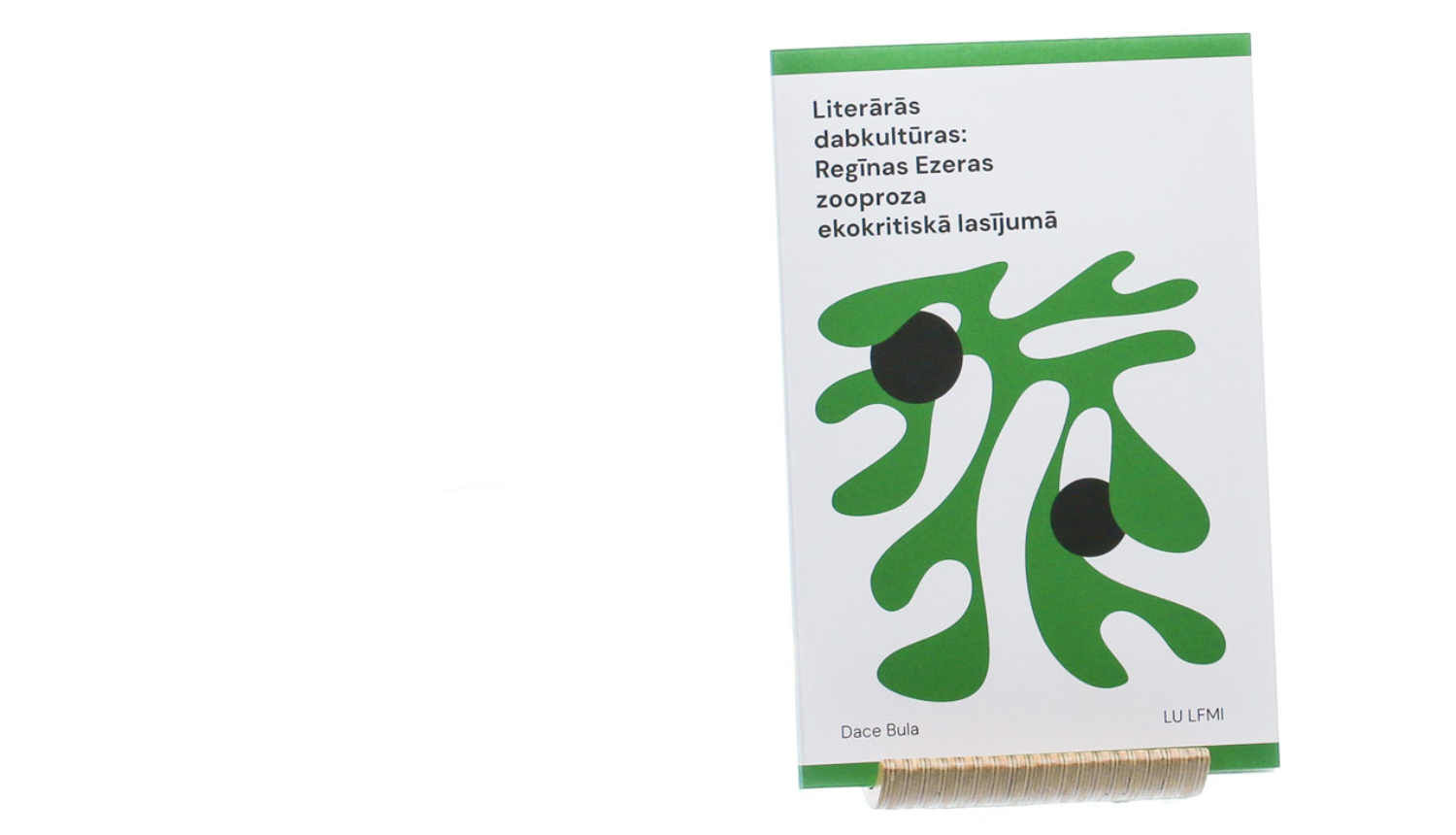The study published by the University of Latvia Institute (UL) of Literature, Folklore and Art is the first monographic study in the field of ecocriticism. It explores how Regīna Ezera (1930–2002) in her short prose creates nature cultures - textual worlds in which nature is not merely a passive backdrop or environment for events, but where humans and nature exist not side by side, but in a reciprocal interaction.
The study focuses on the genre defined by the author herself - zoological novellas, stories in which animals (both native and foreign wild creatures, rodents, birds, and domestic pets) not only intersect with and influence human lives, but often become the main characters or narrators.
These works were published in several of Ezera's collections: "A Man Needs a Dog" (1975), "The Trap" (1979), and "The Princess Phenomenon". Other works by Ezera, including her published diaries, which reveal her personal experience with the animal kingdom, are also considered part of the zooprose.
"Regīna Ezera’s zooprose is part of the writer’s contemporary literary contribution - due to the complexity and depth with which the author engages in a critical dialogue with the anthropocentric worldview. Ezera's zoological novellas challenge the myth of human superiority, offering criticism of the extraordinary and unconditional rights that humans tend to grant themselves in interspecies relationships. By contemplating the essence of humanoid and other beings in various ways, Ezera makes them equal participants in a multi-species reality. Her short prose challenges the cultural-established idea of the absolute difference between humans and animals, while also perceptively recognizing the boundaries and reminding us of the need to respect otherness," the author explains.
Dace Bula, a cultural researcher with a PhD in philology, is a leading researcher at the UL Institute of Literature, Folklore, and Art. She is the author and scientific editor of several monographs dedicated to the history and theory of folklore studies (The Singing Nation: Folklore and National Ideology, Zinātne: 2000; Contemporary Folkloristics: Paradigm Shift, Zinātne: 2011; Latvian Folklore Studies Between the Wars, Zinātne: 2014). Her recent research belongs to environmental humanities (Life by the Port, LULFMI: 2022) and ecocriticism.
For more information: https://lulfmi.lv/apgads
The monograph was prepared as part of the project "Narrative, Form, and Voice: The Rooting of Literature in Culture and Society" (No. VPP-LETONIKA-2022/3-0003).
